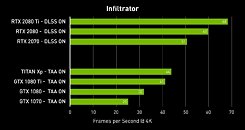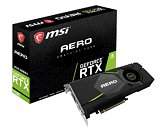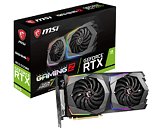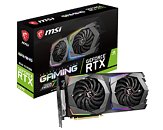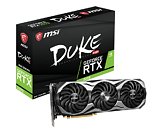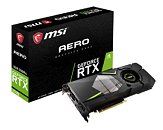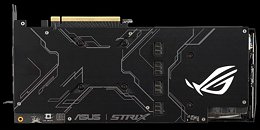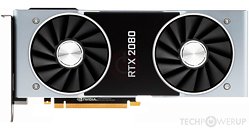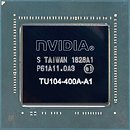
NVIDIA Releases Comparison Benchmarks for DLSS-Accelerated 4K Rendering
NVIDIA released comparison benchmarks for its new AI-accelerated DLSS technology, which is part of their new Turing architecture's call to fame. Using the Infiltrator benchmark with its stunning real-time graphics, NVIDIA showcased the performance benefits of using DLSS-improved 4K rendering instead of the usual 4K rendering + TAA (Temporal Anti-Aliasing). Using a Core i9-7900X 3.3GHz CPU paired with 16 GB of Corsair DDR4 memory, Windows 10 (v1803) 64-bit, and version 416.25 of the NVIDIA drivers, the company showed tremendous performance improvements that can be achieved with the pairing of both Turing's architecture strengths and the prowess of DLSS in putting Tensor cores to use in service of more typical graphics processing workloads.
The results speak for themselves: with DLSS at 4K resolution, the upcoming NVIDIA RTX 2070 convincingly beats its previous-gen pair by doubling performance. Under these particular conditions, the new king of the hill, the RTX 2080 Ti, convincingly beats the previous gen's halo product in the form of the Titan Xp, with a 41% performance lead - but so does the new RTX 2070, which is being sold at half the asking price of the original Titan Xp.
The results speak for themselves: with DLSS at 4K resolution, the upcoming NVIDIA RTX 2070 convincingly beats its previous-gen pair by doubling performance. Under these particular conditions, the new king of the hill, the RTX 2080 Ti, convincingly beats the previous gen's halo product in the form of the Titan Xp, with a 41% performance lead - but so does the new RTX 2070, which is being sold at half the asking price of the original Titan Xp.

